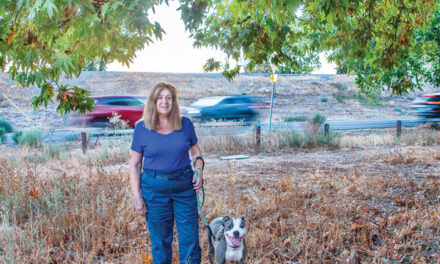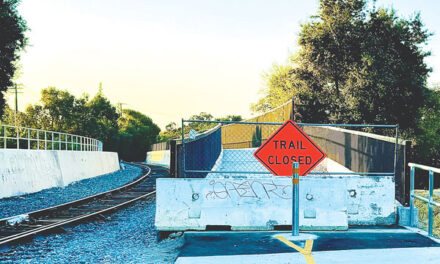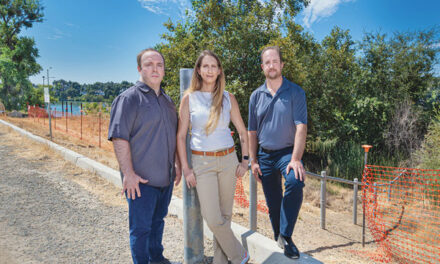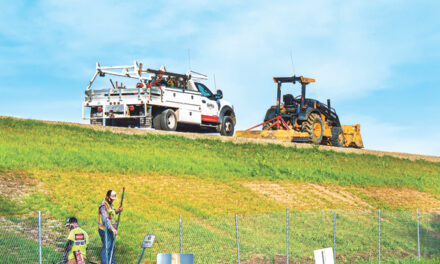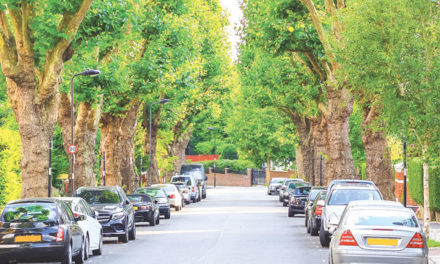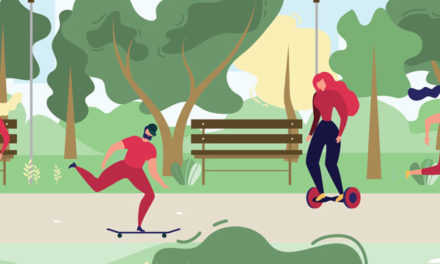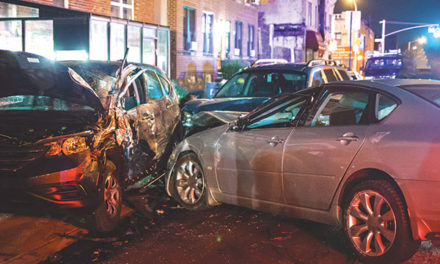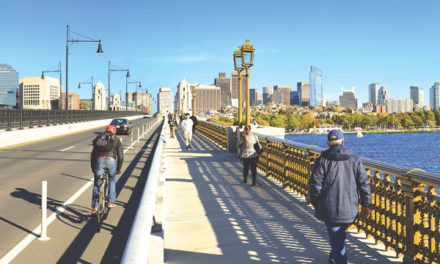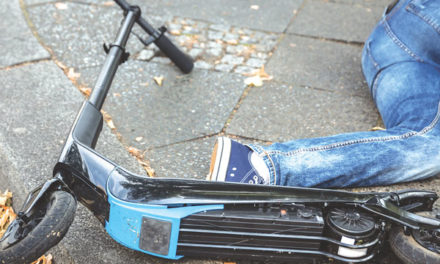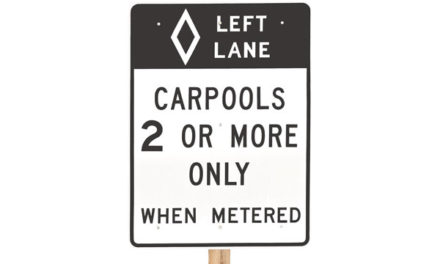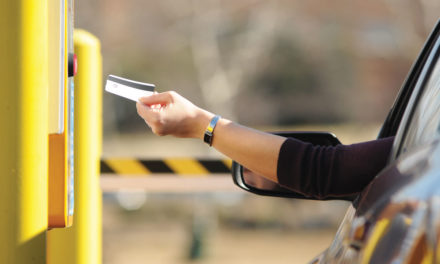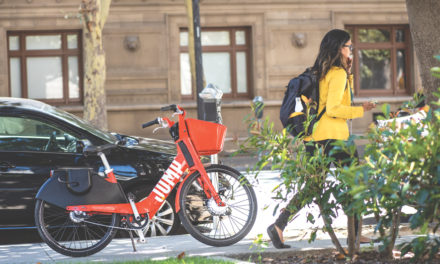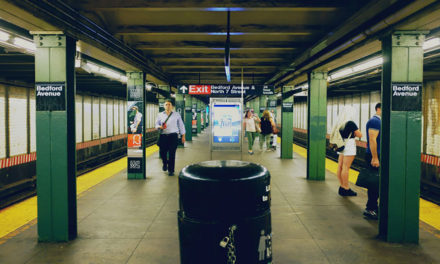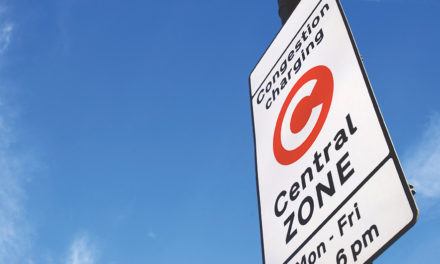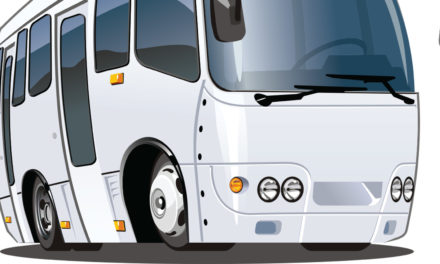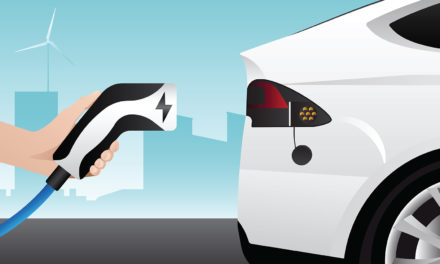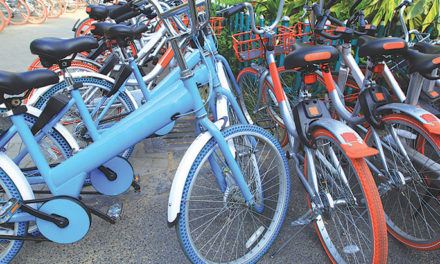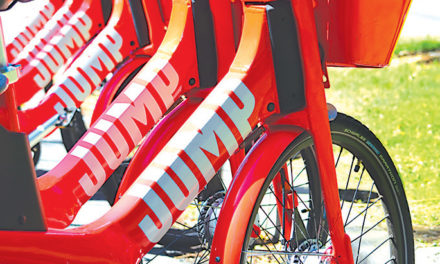Simple Sharing
Are Electric-Assist Scooters the Next New Thing?
By Walt Seifert
September 2018
JUMP, the bike-share company, is still filling out its fleet of 900 electric-assist bikes in the Sacramento region. Are swarms of electric-assist scooters lurking around the corner, waiting to invade as well? The scooters entering the national scene are the small-wheeled, stand-on variety that made a splash with kids and some adults years ago, not the Vespa-style motor scooters.
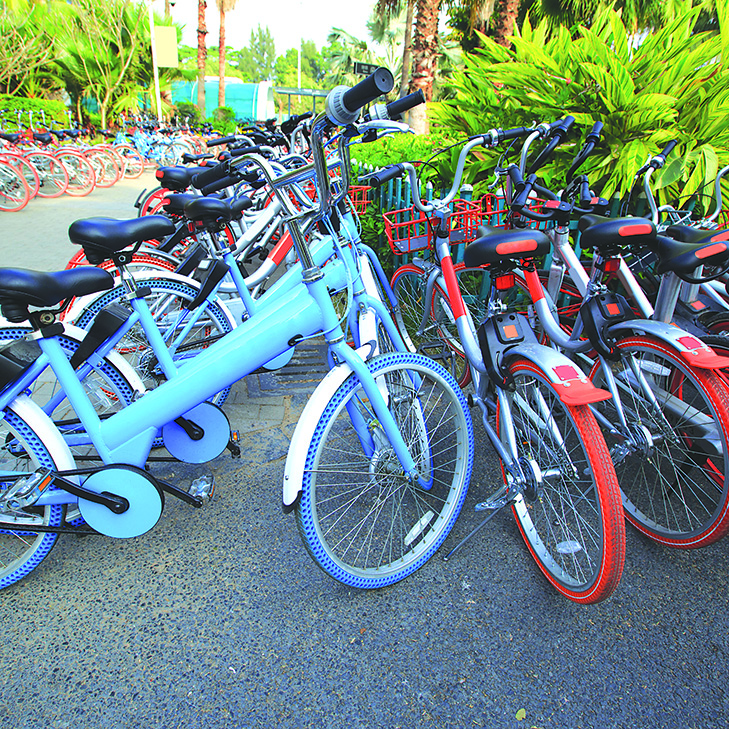
San Francisco had so many shared scooters on its sidewalks that it banned them in June and instituted a permit system for a pilot program. Only five permitholders will be allowed and the total number of scooters is capped at 1,250. Prior to the ban, scooter company Bird alone scattered 1,600 scooters in San Francisco. Rivals Lime-S and Spin added hundreds more. Those three companies were joined by Uber, Lyft, scooter manufacturer Razor and bike-share company Ofo in the competition for the five permits.
In the prior unregulated free-for-all, Bird ruffled feathers by not asking permission for its dramatic foray into the San Francisco market. The city received many complaints about scooters operating on sidewalks (they can go 15 mph). The scooters threatened pedestrian safety and, when left carelessly unattended, interfered with pedestrian travel.
Bird in particular came on strong with an in-your-face attitude that mimicked Uber’s initial brash approach in its ride-hail business. Bird has been called the “Uber of scooters.” Despite problematic public relations surrounding scooter rollouts, there are powerful reasons to expect that many more scooters will be coming to cities across the U.S. They might not be coming right to your neighborhood, but for “last mile” trips in central cities, they occupy a niche that no other form of mechanized mobility quite fills. The economics of the scooter business have proven irresistible to market entrants. The same scooters that Bird uses are available for $500 retail.
If rented four or five times a day, companies can recover equipment costs in a month. The potential profits have induced Uber and Alphabet (Google’s parent company) to invest in Lime-S, LimeBike’s scooter subsidiary. It now has a market valuation of $1 billion. Bird is valued at $2 billion. Those are astonishing figures for businesses that didn’t even exist a couple of years ago.
There are questions about scooter safety, durability and maintenance, as well as liability issues. Their use can endanger riders, as well as pedestrians. The scooters’ small wheels mean hitting a crack can more than just jar a rider, it can cause a crash.
According to a Wired report, Spin says that 2.5 percent of its fleet disappears each month. They can wind up in trees, underwater and in homes.
Bird batteries are recharged by gig economy contractors. Bird hunters are paid to find GPS-equipped scooters with low batteries, recharge them at their homes and release them to Bird “nests” by 7 a.m. the next morning. Reports suggest this work, while having the entertaining aspects of scavenger hunts and Pokémon Go, can be difficult and sometimes cutthroat. Bird hunters have gotten into conflicts with each other. Some try to game the system.
But the scooter positives seem to overwhelm the negatives. The consensus is that they are fun to ride. They avoid the delays of car-clogged streets, are more convenient than transit, eliminate parking worries and costs, and are less expensive than ride-hailing services such as Uber and Lyft. They can be the right tool for the job. A city worker can get from her workplace to a restaurant for lunch or a meeting off-site up to five times faster than walking.
Who knows where exactly we’re headed with this new scooter wrinkle in transportation. Right now, other cities are experiencing and experimenting with this first generation of shared electric scooters. We can expect scooter design and operations to evolve over time—and we can expect them to come here.
Lime-S approached West Sacramento earlier this year about putting scooters on the Sacramento River’s left bank. According to transportation analyst Chris Dougherty, the city is working with Lime on potential terms to see if its operation would be the right fit for West Sacramento.
No scooter company has yet asked Sacramento for a business permit. Currently Sacramento’s application process has provisions only for bike-share companies, a category that doesn’t quite apply to scooters.
Uber, Lyft and even Ford and General Motors seem to be redefining themselves more broadly as mobility companies, rather than narrowly as car-sharing or auto-manufacturing businesses. After many years of the biggest news in transportation being the look of the latest model of a Ford or Chevy, disruptive changes are occurring at a dizzying pace in how we get around. Scooters (a one-time kids’ toy), bike sharing and ride hailing are in the mix. Autonomous cars and trucks are not quite yet waiting in the wings, but they’ll be rolling down the road one of these days too.
Walt Seifert is executive director of Sacramento Trailnet, an organization devoted to promoting greenways with paved trails. He can be reached at bikeguy@surewest.net.







